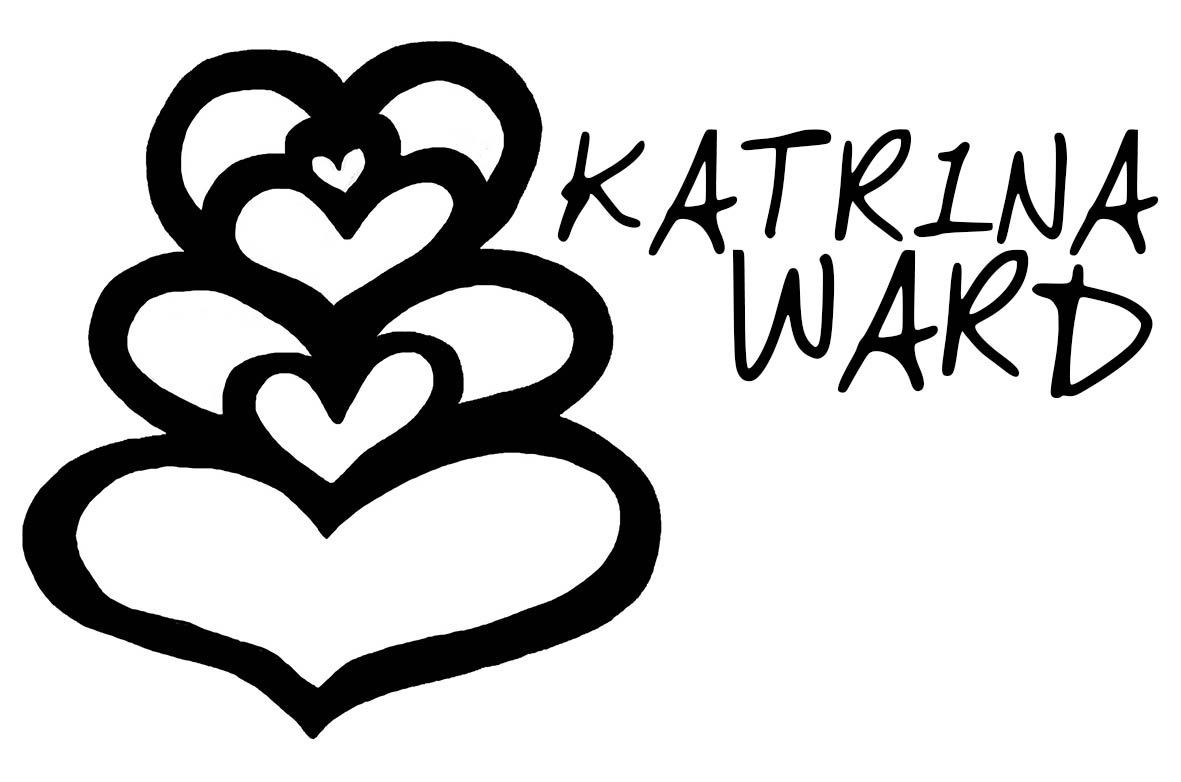This is a quick post to applaud the new (Beta) Connections game released by the New York Times.
I already love Wordle and Spelling Bee and recently we have spent wintery family evenings mulling over letters trying to reach genius level or musing on spelling prefixes we might have missed. Our daughter, 9, nonchalantly offered ‘napoleon’ as a word without even trying too hard for a recent game which made us all stop and go, woah.
Word games are connection-building, conversation-starting, learning-igniting AND boredom-battling so it is no surprise that the new Connections game has me ‘all in’ without too much targeted persuasion.
The new Connections activity is another idea to add to the collective teaching-hive’s back pocket.
The premise of Connections is: 16 words, 4 categories. They have added ‘4 mistakes’ to make it a bit more like Wordle (you can guess as many ridiculous words as you like with Spelling Bee). You have to sort and categorise the words into four categories without making more than four mistakes.
It encourages connection, comprehension, links to prior knowledge and prompts logic and reasoning skills. It reminds me of Euler diagrams and hexagonal thinking. If I were to apply it to teaching, I would gamify it as an extension in the classroom and assign teams to come up with the best four connections with reasons why they are the best fit. If the answers are open-ended with multiple possible answers then the game would be a great one for weighing up arguments and applying critical thinking skills as well as supporting learning conversations and social constructivism. For a pot luck/crazy idea, you might even choose 16 random words with no predetermined categories (co-design potential) or, like the NYT version, you might design the game with four categories and see if players can guess the game categories in the game design.
Some critics are arguing the first one is too easy, others say it is too U.S-centric – I didn’t even get it right (I have no idea about the last two categories) BUT I did love the challenge and enjoy the game all the same. I won’t discuss the answers in case you haven’t had a chance to play it yet.
The take away is that, even in its Beta status, it is likely to easily make it to my daily three.
Play it here.

